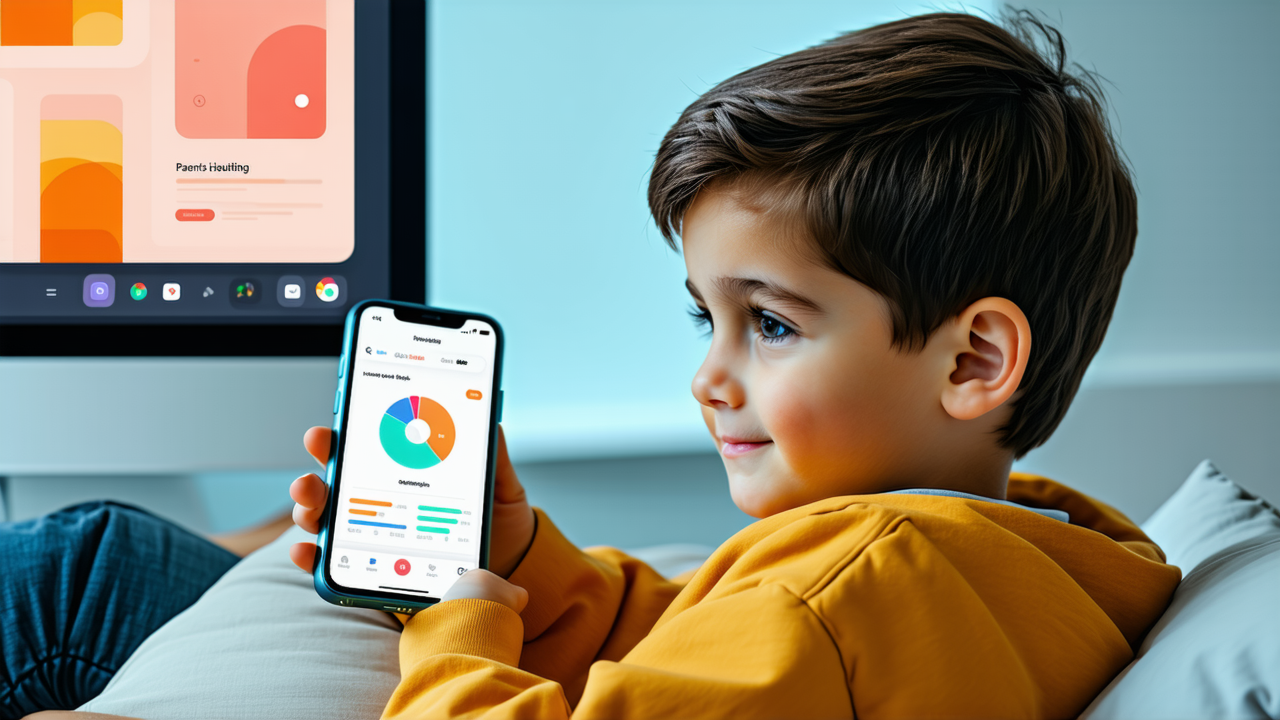AI驱动的应用程序帮助家长监控孩子的在线习惯和心理健康
AI驱动的应用程序帮助家长监控孩子的在线习惯和心理健康
随着人们对社交媒体和数字设备对孩子心理影响的担忧日益增加,全国各地的家长越来越依赖技术来确保孩子的在线安全和心理健康。由安全公司Aura开发的一款新应用程序,正在利用人工智能帮助家长追踪孩子的在线行为,并及早发现心理健康问题的迹象。
这款名为Balance的应用程序是由Aura的首席执行官Hari Ravichandran开发的,灵感来源于他女儿经历的心理健康危机。他生动地描述了那个时刻:“她不想从房间里出来,她躺在床上,我不想起床,很明显她正在挣扎。” 他仔细检查女儿的手机后,发现了令人震惊的事实:“所有的问题她都在问,所有她正在挣扎的事情都清晰可见。”
Ravichandran向儿童心理学家和临床医生寻求帮助,以确保应用程序既有效又符合伦理。人工智能模型被训练用来分析孩子的语言模式、情绪语气和深夜活动。通过将孩子的行为与基准线进行比较,该应用程序可以检测到可能表明压力、焦虑或情绪波动的异常情况。
家长会通过应用程序定期收到报告,这些报告旨在促进家长和孩子之间的开放对话。Ravichandran表示:“目标是让家庭开始进行对话。” 虽然他承认人工智能技术并不完美,但他认为随着时间的推移,通过学习更多的数据和用户反馈,它会不断改进。
15岁孩子的母亲Rebecca Wilcoxson参与了Balance的临床研究,她分享了应用程序如何改善了与儿子的沟通。“它会解释他发短信时的语气,还会显示他在使用手机期间最常使用的应用程序,”她说。“我能看到是否有更多的负面言论,并且我们可以用这些作为共同讨论的话题。”
然而,并非所有专家都相信仅靠人工智能就能解决儿童日益严重的心理健康危机。专注于保护儿童在线安全的倡导组织Fairplay的负责人Josh Golin认为,真正的改变必须来自立法者和技术公司。“他们不实施这些功能,因为这会损害他们的利润,”他说。“如果法规规定他们有责任保护儿童,那么我认为我们才会看到真正的改变。”
Wilcoxson表示赞同,并补充说:“如果这些科技公司有资金继续开发,那么他们有没有机会为我们的孩子——我们人口中最脆弱的一部分——创造一个安全的环境?”
Balance并不是唯一一款帮助家长监控孩子在线活动的工具。其他应用程序,如Bark、Qustodio和Norton,也提供了类似的功能。在一些州,学校正在采取措施限制手机的使用,至少有31个州和华盛顿特区要求学区禁止或限制学生在学校使用手机。
随着人工智能和儿童安全之间的争论持续,有一点是明确的:家长正在寻找可以帮助他们应对数字世界复杂性并保护孩子心理健康的工具。有了Balance和类似的技术,他们现在拥有了更多可用的选择。
